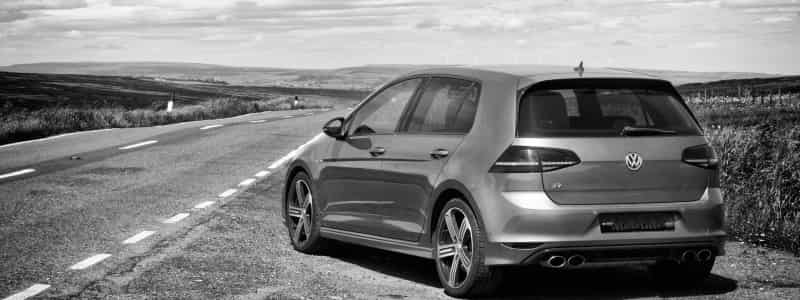Volkswagen (VW) is in trouble. As of a few days ago, the world’s biggest car manufacturer has publicly admitted to deceiving diesel test scores. 11 million cars have been affected and the company faces a potential $18 billion in fines alone, without even considering the recall costs.
Questionable paperwork
In their diesel engine development, Volkswagen originally ran into a technical issue and had the tough decision to trade off either low emissions or fuel efficiency. However, they thought they could balance both. The company purportedly rigged the engines to pass the test for emissions when required, whilst sacrificing fuel efficiency in the meantime. Conversely, for the everyday drivers, like us, the cars would have higher emissions in favour of better mileage per fuel tank. This meant, on paper, their emissions figures were passable, and the consumer would be happy with their efficiency in the real world.
Accidental uncovering
It all began when a third party of four university engineering professors and students conducted emissions tests on a few vehicles. Their findings were surprising for the Volkswagen test and was then submitted to the Environmental Protection Agency (EPA) to conduct further investigations in early September. On 18 September, EPA ordered VW to recall the cars. Two days later, 20 September, VW made a public apology.
Then it all unravelled – the biggest cover-up in automotive history.
Volkswagen admitted that the cars had deceptive software installed which allowed the car to perform in a cleaner mode during testing scenarios. These devices have come to be known as ‘defeat devices’. In light of these events, Volkswagen has replaced its CEO – Martin Winkerkorn to Matthias Mueller (Porsche head). This internal switch arguably may not be an adequate change considering he has been with the company for three decades.
Additionally, what makes these actions so grave is that there are health concerns where the cars can produce nitrogen dioxide pollutants up to 40 times the legal standard. Moreover, the German economy will definitely experience repercussions – Volkswagen is one of Germany’s proudest brands and biggest employers, employing 750 000 people. What makes matters particularly worse for the industry is that Volkswagen owns a whole host of highly reputable brands: Audi, Bentley, Bugatti, Ducati, Lamborghini, MAN SE, Porsche, Scania, SEAT, Skoda – who knows what the flow on effects could be.
Here are three interesting issues that have followed the announcement by EPA and Volkswagen
1) Is VW just the tip of the iceberg – could it be systemic?
Since the announcement, Volkswagen’s share price has taken a 39% hit (as of 29/9/15). Interestingly, other big names in the industry such as Toyota, Honda, BMW, Daimler (Mercedes Benz) have all experienced drops in their share price too. Perhaps could this be a sign that people are losing faith in the car industry? Could this be indicative of a wider, systemic trend in the industry? Whilst all other manufacturers have denied any deceptive conduct, the public have definitely evidenced their doubts.
2) How did Tesla react?
Interestingly, Tesla’s Elon Musk has managed to capitalise on these recent events and has argued that fossil fueled cars simply have reached their limit in their capacity to reduce emissions. Rather conveniently, Tesla has pushed for their clean electric engines to be the logical alternative to the pollutant diesel and traditional combustion engines.
3) What will that mean for you, an affected diesel VW owner?
If Volkswagen does remedy the problem by adjusting their cars in accordance with the EPA standards, they will be forced to maintain the combination of low emissions and low fuel efficiency. This means that you will be paying significantly more for fuel – estimates of an additional $700/year. Not only will the car cost you more to run on a daily basis, it will likely depreciate harder when it comes time for you to sell.
Unfortunately, Volkswagen still has a long and difficult road ahead before it even begins dealing with the remedies for all 11 million cars. Currently, the damage bill is estimated to be at $77 billion – the potential global impact is chilling to even attempt to comprehend.
Let us know your thoughts on Volkswagen’s actions by tagging us #lawpath or @lawpath.






